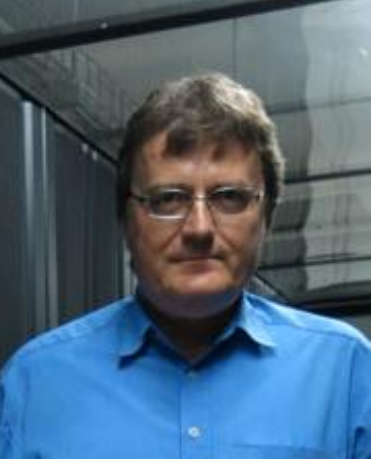学术报告—Dynamics of nuclear and globular clusters, neutron stars, black holes, gravitational waves
Dynamics of nuclear and globular clusters, neutron stars, black holes, gravitational waves
报告摘要:
Nuclear and globular star clusters (NSC and GC) are spectacular self-gravitating stellar systems in our Galaxy and across the Universe - in many respects. They populate disks and spheroids of galaxies as well as almost every galactic center. In massive elliptical galaxies NSCs harbor supermassive black holes, which might influence the evolution of their host galaxies as a whole. The evolution of star clusters is not only governed by the aging of their stellar populations and simple Newtonian dynamics. For increasing particle number, unique gravitational effects of collisional many-body systems begin to dominate the early cluster evolution. Direct N-body simulations are the most computationally expensive but also the most astrophysically advanced method to simulated GC and NSC evolution, using massively parallel supercomputers with GPU acceleration. Algorithmic and astrophysical improvements of Nbody6++GPU in recent years are shown and selected current results. For example we find that intermediate mass black holes form in initially dense clusters, through mergers of massive stars, binary induced interactions with black holes, and several generations of relativistic black hole coalescences. GC models of the DRAGON and DRAGON-II simulations provide reasonable predictions e.g. on rates of coalescences observable with current gravitational wave instruments. Current and new models of neutron stars and binaries containing them will be shown. While NSCs are of interest as sources of gravitational waves as well they also are sources of tidal disruption events, of which quite a number has been observed now in different electromagnetic wavelengths. Preliminary results for NSC will be show.
报告人简介:
Rainer Spurzem
National Astronomical Observatories CAS, Beijing, China
Kavli Institute for Astronomy and Astrophysics (KIAA), Peking Univ., Beijing, China
Astronomisches Rechen-Institut, Center for Astronomy (ARI/ZAH), Univ. of Heidelberg, Germany

Name: https://orcid.org/0000-0003-2264-7203
Web site: https://wwwstaff.ari.uni-heidelberg.de/spurzem/
Research Galte: https://www.researchgate.net/profile/Rainer-Spurzem
